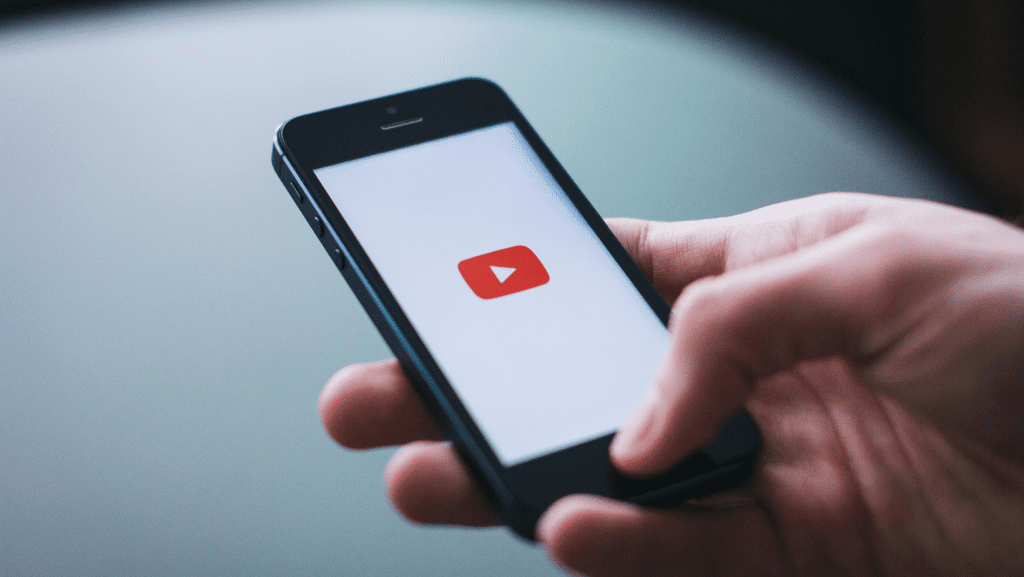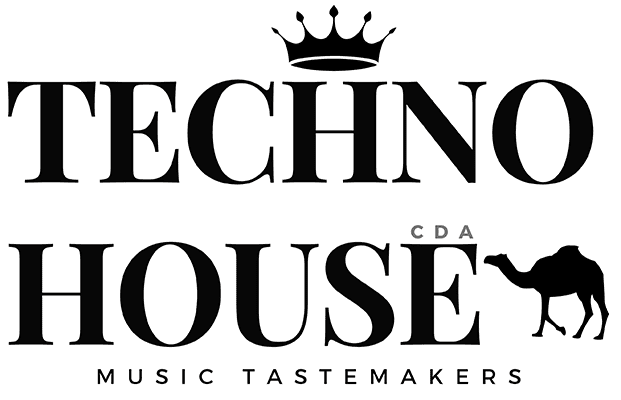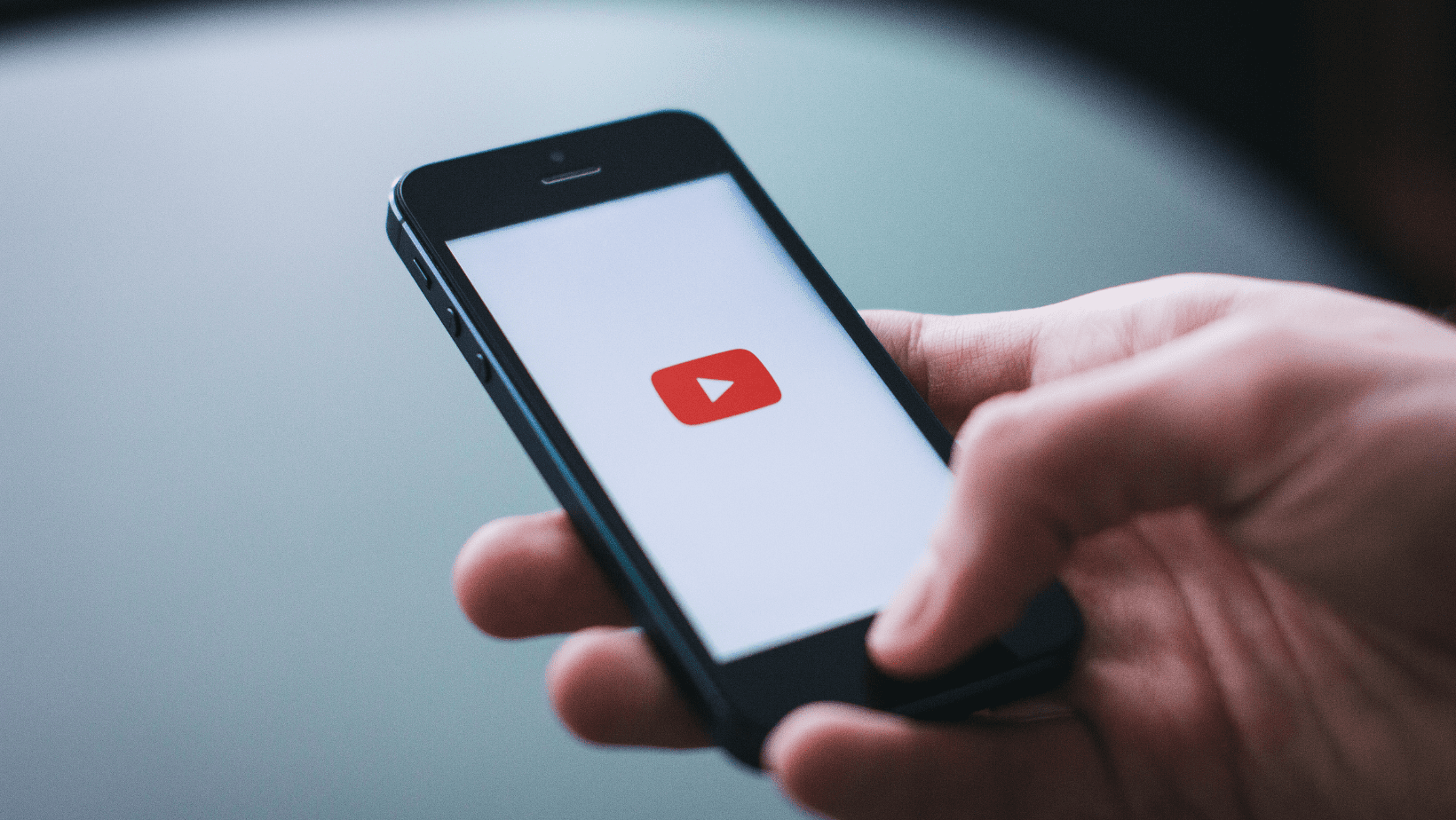

YouTube is diving deeper into generative AI with a new feature designed to simplify music remixing for content creators. According to The Verge, this tool, currently in beta testing, allows a select group of creators to remix licensed songs by simply entering prompts. The feature could redefine how creators approach sound design, making it easier to craft unique audio experiences for platforms like Shorts.
Effortless Music Restyling with AI
Traditionally, remixing a track requires significant production expertise, from manipulating tempos to altering melodies. YouTube’s new AI-powered tool bypasses these complexities, letting creators “restyle” music into dynamic, 30-second clips with minimal effort. Beta testers can choose from a library of eligible tracks, input a prompt describing their desired remix style, and watch as the AI reworks the song’s elements to match their vision.
To ensure transparency, YouTube will include clear attributions for these AI-generated remixes. Each restyled track will credit the original song on both the Short itself and the Shorts audio pivot page. These labels will also indicate that the track was altered using AI, giving viewers insight into how the music was created.
Building on the “Dream Track” Experiment
This remixing tool builds on YouTube’s previous venture into generative AI with its “Dream Track” experiment. That initiative allowed creators to use AI-generated voices of artists such as Charli XCX, Demi Lovato, and John Legend. The new remixing feature, however, takes the concept further by enabling users to reshape entire songs, not just vocal elements.
While YouTube has yet to disclose the specific tracks available in this beta phase, the company has hinted at its commitment to expanding access. This aligns with ongoing discussions between YouTube and the three major record labels—Universal Music Group, Sony Music Group, and Warner Music Group. According to a report by The Financial Times, YouTube is negotiating significant payments to secure rights for training its AI models on these labels’ music catalogs.
A Game-Changer for Creators and Labels
If successful, this feature could be a game-changer for both creators and the music industry. Content creators, particularly those producing Shorts, would gain access to a powerful tool for personalizing their videos. Meanwhile, record labels stand to benefit from new revenue streams as their licensed music becomes the foundation for AI-driven innovation.
However, questions remain about how these remixes will impact copyright law, artist royalties, and creative control. By ensuring that remixed tracks are clearly attributed and legally licensed, YouTube aims to address some of these concerns. Still, broader challenges, such as negotiating fair terms with artists and labels, are likely to persist.
What’s Next for YouTube’s AI Music Features?
For now, the remixing feature is limited to beta testing, and YouTube has not shared plans for a full public rollout. The company is expected to refine the tool based on user feedback, ironing out any technical or licensing challenges before launching it more widely.
As AI continues to reshape creative industries, YouTube’s experiment underscores the technology’s potential to democratize content creation. By making music remixing more accessible, the platform is not only empowering creators but also exploring new ways to integrate generative AI into the entertainment landscape.
While the future of this tool remains uncertain, its potential impact is clear. For creators, labels, and audiences alike, YouTube’s AI-powered remixing feature could mark the beginning of a new era in digital content production.

